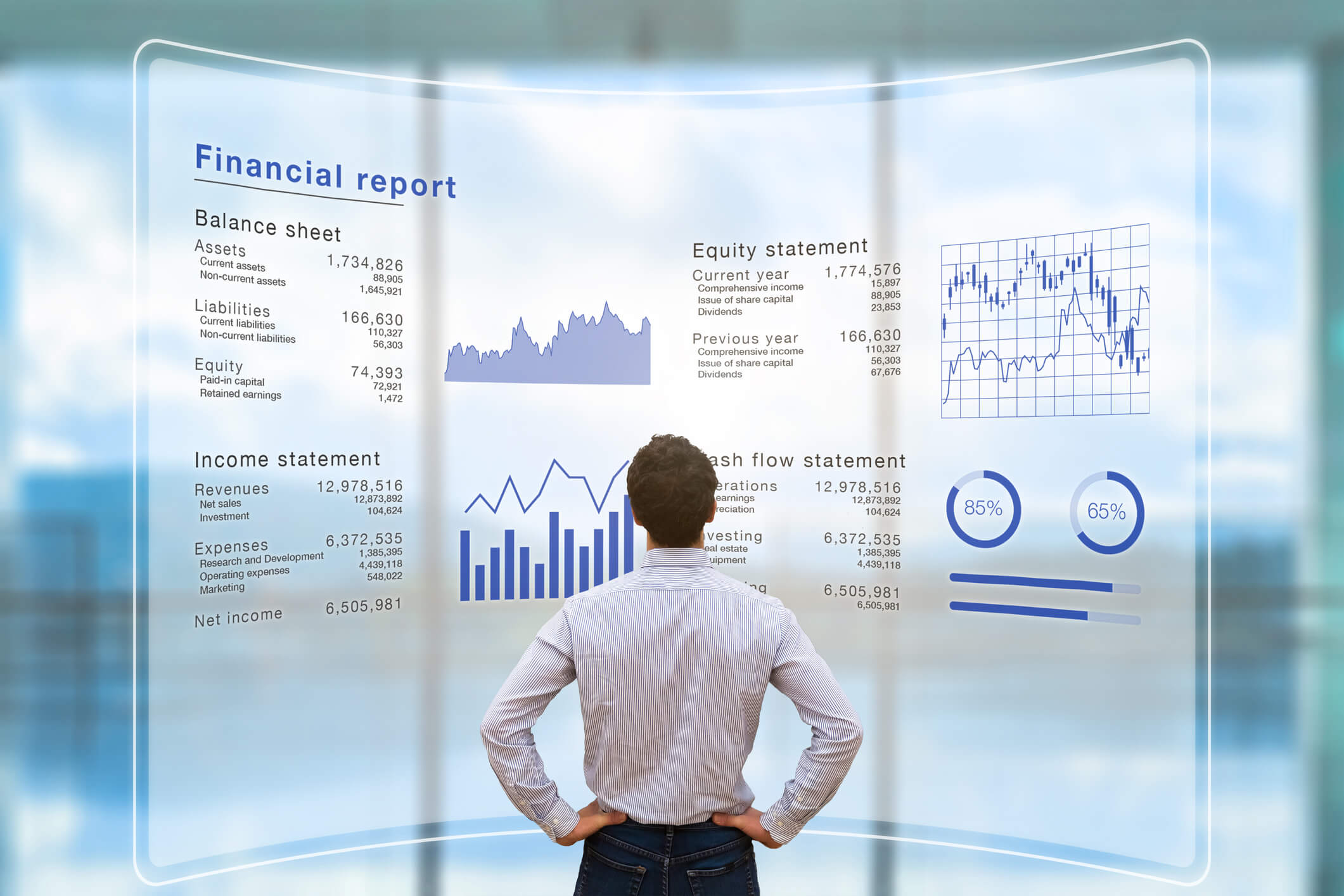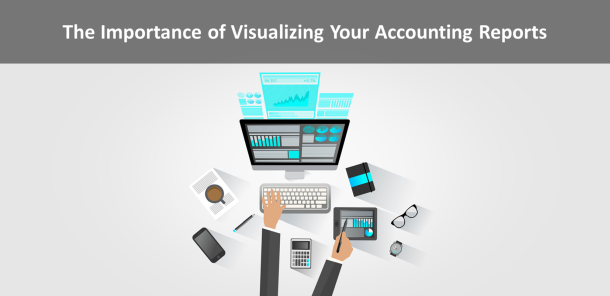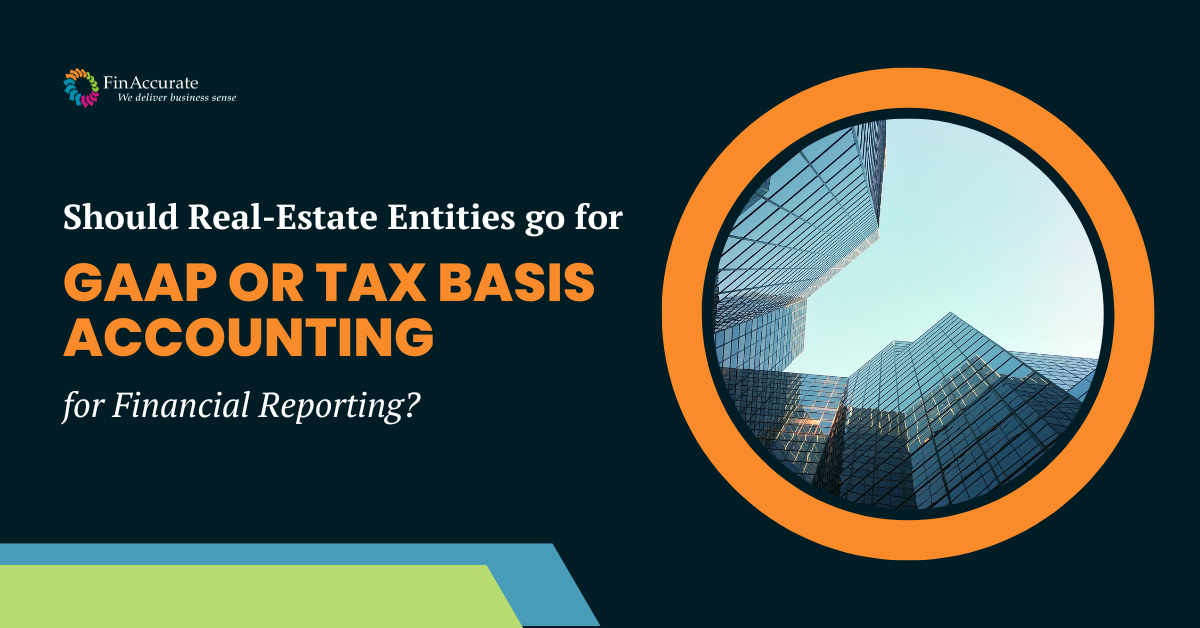Accounting Reports are financial reports compiled from a company’s accounting records. Custom-made reports for specific reasons, such as the profitability of a product line or sales by region, can be as concise or detailed as desired. Financial statements and accounting reports are the same things.
Who uses accounting reports?
The accounting reports delivers financial data to a wide range of people with varying goals in evaluating the data. Internal users, external users, and the government/IRS were originally considered as the three key users of accounting data. Each group utilises accounting reports in a particular way and expects the data to be presented in a different way.
Internal Users who use accounting reports
Accounting provides managers and owners with important financial data that helps them make decisions. Managerial accounting is the term used to describe this form of accounting.
The following are some examples of how internal users use accounting reports:
- Examining how management has handled the company’s duty for resource protection and management.
- Influencing when and how much to borrow or invest in the company’s resources
- Influencing expansion or downsizing choices
External Users
Financial accounting, the process of recording a business’s financial history for external use, serves a range of purposes. External users of accounting data are classified into six categories, each with their own set of organisational interests and unique questions. The following are the groups and some of the possible questions associated with them:
- Owners and would-be owners-Has the corporation reaped a profit that is commensurate with its whole investment? Is it worthwhile to invest in this company? Is it better to grow, decrease, or keep the current investment the same? Is it possible for the corporation to make a profit while installing expensive pollution control equipment?-
- Creditors and lenders- Should the corporation be given a loan? Will the corporation be able to make timely payments on its debts?-
- Employees and their unions- Is the corporation in a position to provide higher wages? Is the business financially stable enough to offer long-term employment to its employees?
- Customers- Is the company able to provide useful products at reasonable prices? Will the company be able to honour its product warranties if it survives long enough?
- Governmental units- Is the corporation charging a reasonable amount for its services, such as a local public utility?
- General public- Is the corporation providing individuals with useful products and productive work without producing major environmental issues?
The following are some examples of how accounting data is used by external users:
- Shareholders have a right to know how a corporation manages its assets.
- Tax returns and other papers are frequently generated by accountants for the federal and state governments.
- Accounting data may be used by banks or lending organisations to help them make judgments about whether or not to lend to a firm.
- Accounting data will also be used by investors to make investment decisions.
External users of financial accounting require a great deal of information, which is provided in abundance by general-purpose financial statements. These financial statements are authoritative records that detail a business’s financial position, cash inflows and outflows, and operating results. Numerous corporations incorporate these declarations into their annual reports, referred to as 10-Ks or 10-Qs (quarterly report).
The annual report contains information about the company’s operations, products, and plans, as well as the independent auditor’s opinion on the fairness of the financial accounts.
The best way to locate these reports for a public firm is usually under the Investor Relations section of their website. External entities’ financial statements are prepared in accordance with generally recognized accounting principles, or GAAP.
Why are accounting reports necessary?
When most people think of accounting reports, they automatically think of taxes. Taxes, of course, are always a factor to consider when examining a company’s financials. However, these reports have a lot more influence and are utilized for a lot more things. Most importantly, these reports are utilised by firm management to gain insight into what’s going on in various business areas and make operational decisions, such as how to produce revenue and develop profits.
Other instances when accounting reports are very important to include:
- Performing a business appraisal.
- Obtaining a pre-approval for a small business financing.
- Identifying the many types of company insurance and the coverage criteria.
Accounting reports are also necessary for reporting the company’s financial position to shareholders so that they are aware of what is going on within the organisation. These reports offer important information about a company’s financial situation and previous operations.






